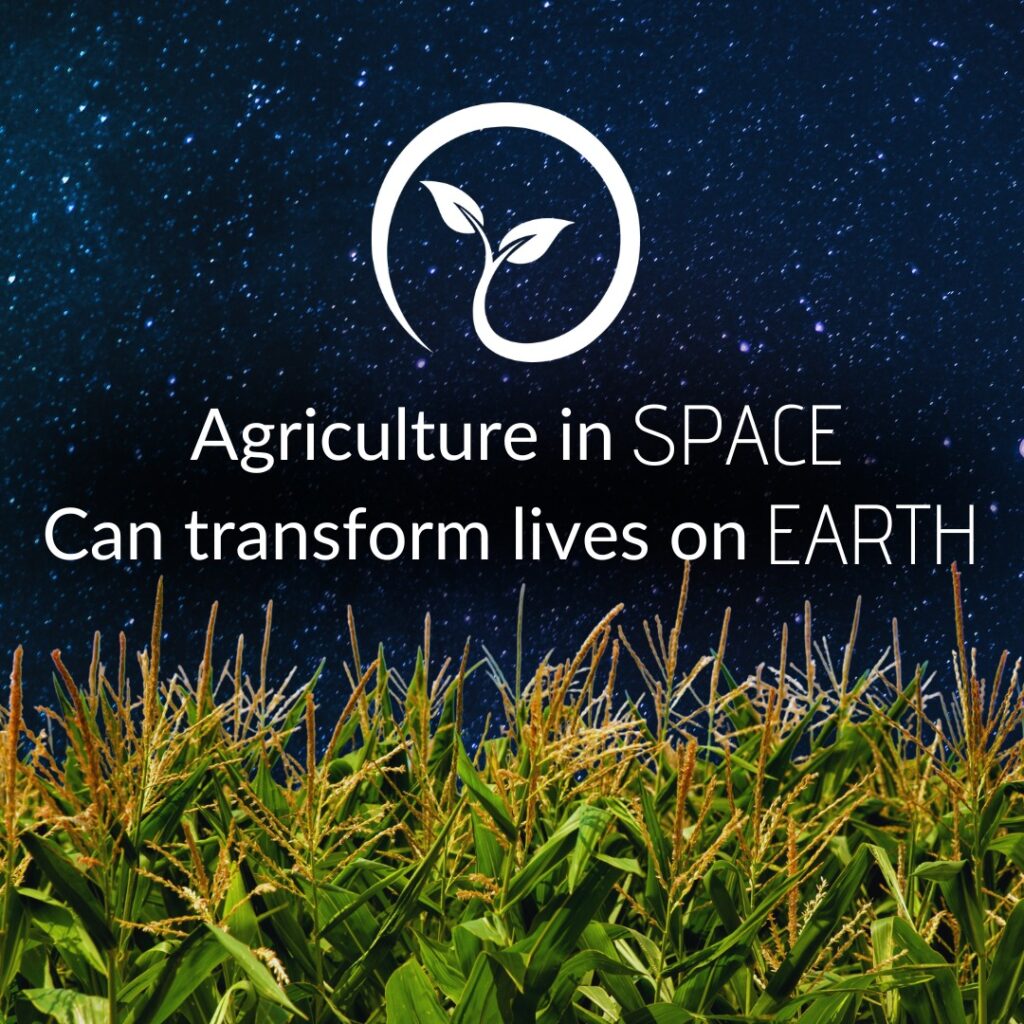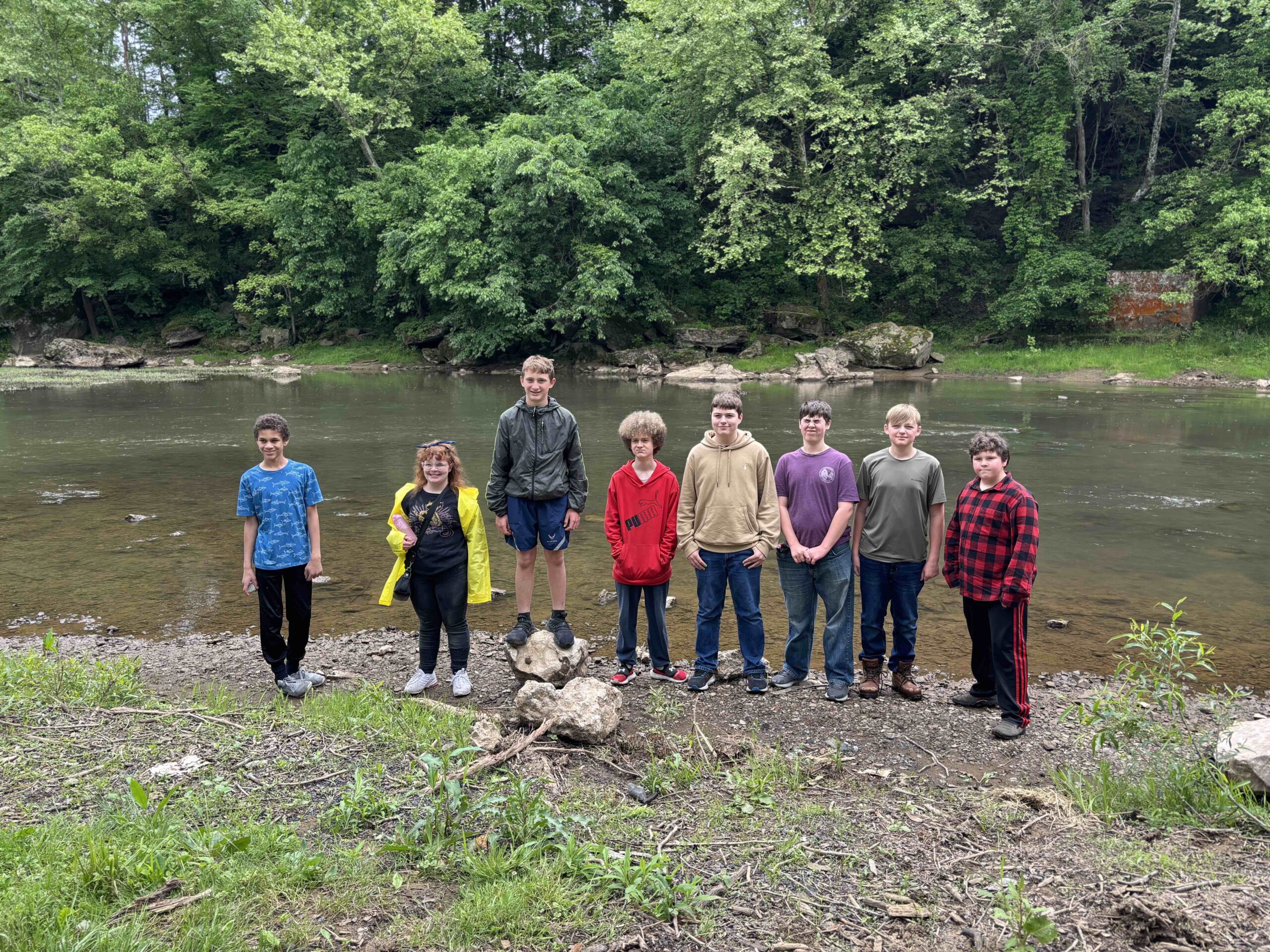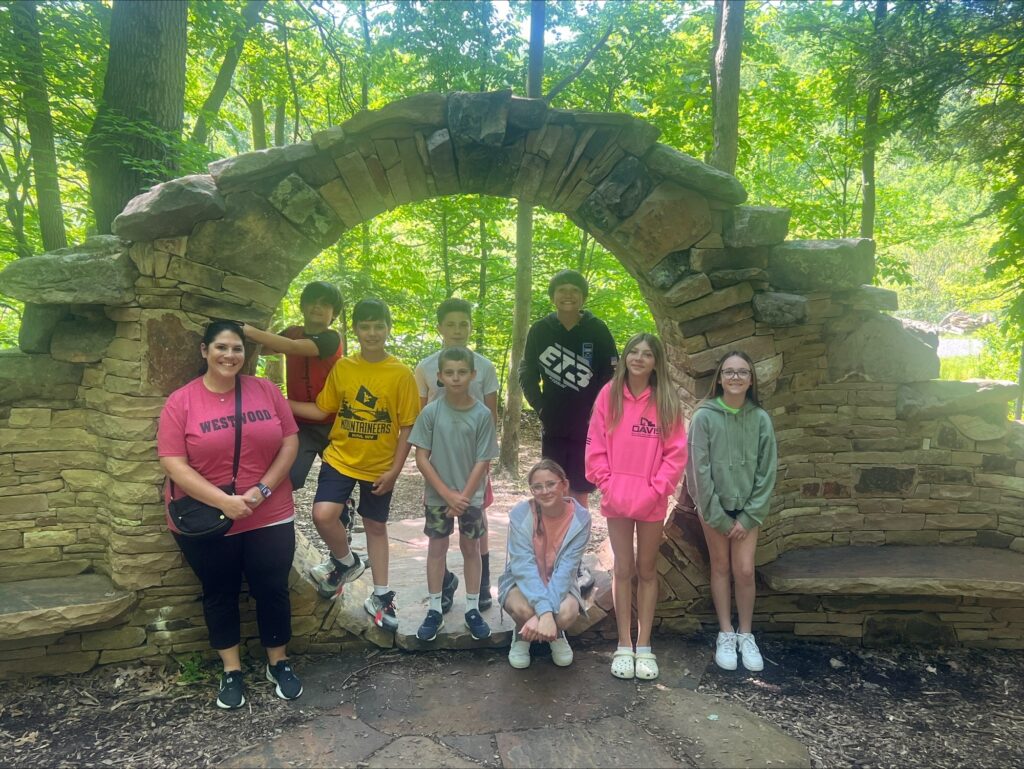Growing Plants to Support NASA’s Return to the Moon

Forty teams from 13 different West Virginia schools recently completed experiments that achieved one international prize and eight state-level awards in the Spring 2024 Plant the Moon Challenge competition. These West Virginia teams were part of a five southeastern states and Puerto Rico Space Grant Regional Expansion Project.
Overall, more than 360 teams involving more than 3,600 students participated in a NASA-funded expanded version of the Institute of Competition Sciences Plant the Moon Challenge through a regional partnership of state Space Grant consortia that included the West Virginia Space Grant Consortium.
The global science experiment and research competition challenges students to examine how vegetable crops can grow in lunar soil. Using lunar soil simulant from the University of Central Florida’s CLASS Exolith Lab, the teams designed and conducted a set of experiments using the simulant to grow crops over eight weeks for a future long-duration mission. Students’ research will help NASA scientists understand how to use lunar soil to provide nutritious crops for future missions to the Moon or Mars.
The NASA Space Grant Regional Expansion Project builds on the Plant the Moon Challenge by expanding the reach of the challenge to underserved and underrepresented STEM students in five partnering states: Virginia, North Carolina, South Carolina, West Virginia, Florida, and Puerto Rico. The WV Space Grant and program partners are excited to work with the Institute of Competition Sciences to allow more students and educators to participate while covering the cost of regolith kits, adding a materials stipend for participating teachers, expanding professional development for educators, enhancing speakers and activities for participants, and providing experiential prizes in each state and at the regional level.
The Institute of Competition Sciences engaged a panel of NASA and industry scientists, program executives, and other dignitaries to determine Best in Show award winners internationally and from the region. The international award for Best Evaluation of Results in the High School category was awarded to the Astro Tigers Team from Wirt County High School in Elizabeth, West Virginia, led by their teacher, Callie Daugherty
The panel of NASA and industry scientists also selected the state-levels awards for middle and high school student teams in the following categories: Evaluation of Results, Growth, Experimental Design, and Innovation.
Here are the West Virginia state-level winning student teams for the Middle School Level:

EVALUATION OF RESULTS AWARD: Wheeling Country Day, Student Team-Mold of the Moon, Teacher/Coach – Brittney Farris.
EXPERIMENTAL DESIGN AWARD: Moorefield Middle School, Student Team – JackBots 2, Teacher/Coach – Alicen Adkins.
GROWTH AWARD: Moorefield Middle School, Student Team – JackBots 1, Teacher/Coach – Alicen Adkins.
INNOVATION AWARD: Westwood Middle, Student Team– The Moon Monkeys, Teacher/Coach – Lindsay Smalls.

Here are the West Virginia state-level winning student teams for the High School Level:
EVALUATION OF RESULTS AWARD: Wirt County High School, Student Team- Astro Tigers, Teacher/Coach – Callie Daugherty.
EXPERIMENTAL DESIGN AWARD: Princeton Senior High, Student Team – Power Puff Planters, Teacher/Coach – Carol Whitteker.
GROWTH AWARD: Pike View High, Student Team – Christmas Cactus, Teacher/Coach – Peggy Moore.
INNOVATION AWARD: Pike View High, Student Team – The Olive Garden, Teacher/Coach – Peggy Moore.
Educators praise the valuable learning experiences the challenge gave their students. Callie Daugherty, the teacher/coach for the Wirt High School international winning team explains that “Eight high school students tested how various soil compositions (specifically using perlite and biochar) affect plant growth. My students were very meticulous about their experimental design…and it was great to see them engage by applying the scientific method to a real-world problem…This project has allowed students within my class who come from varying ability levels to work together to accomplish a common goal.
The Plant the Moon Challenge Space Grant Regional Expansion Project will be offered again in the spring semester of 2025. For more information, contact the West Virginia state coordinator, Dr. Laurie Ruberg at LFRuberg @gmail.com.
